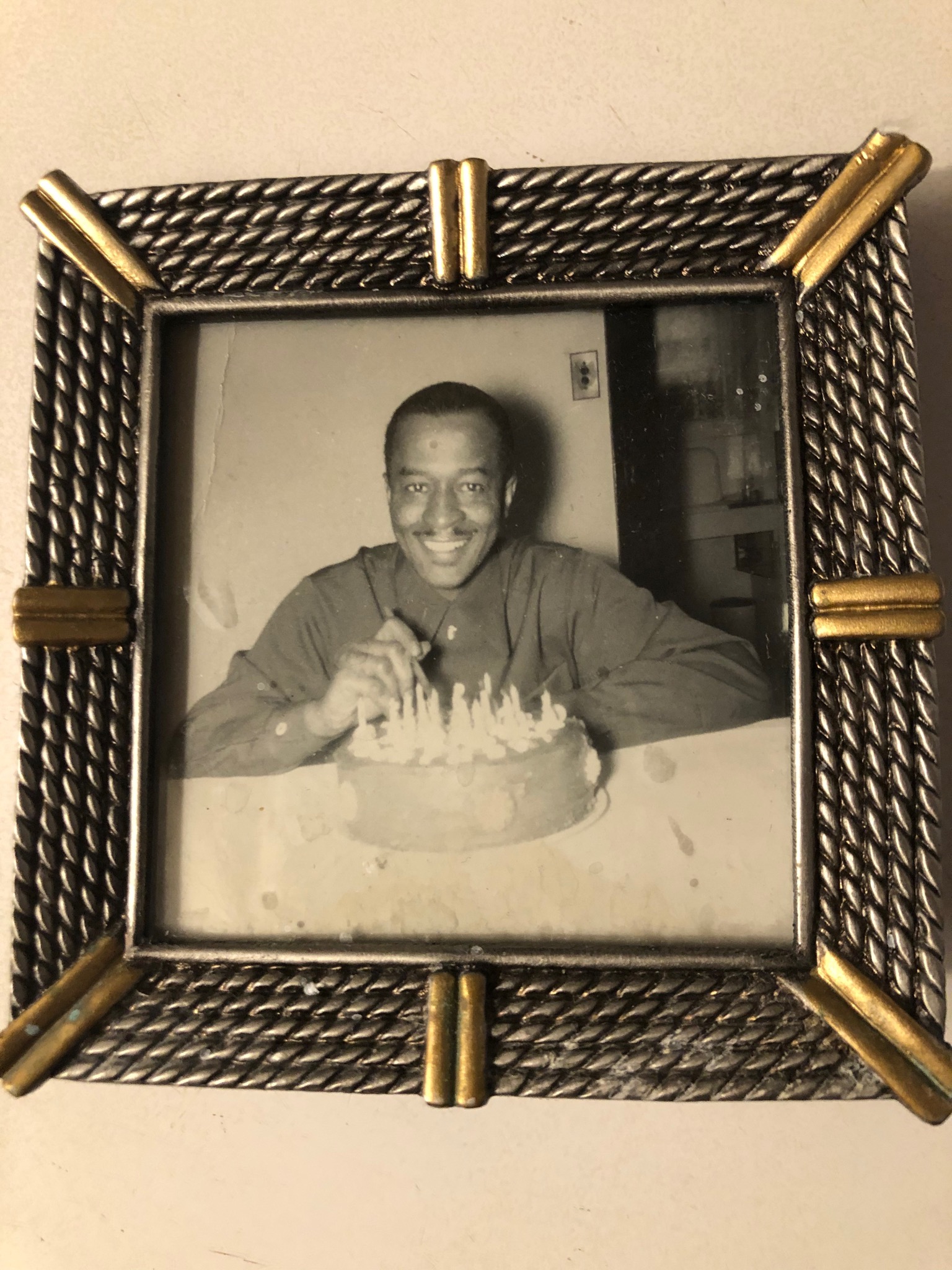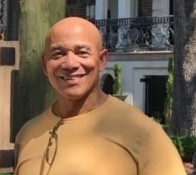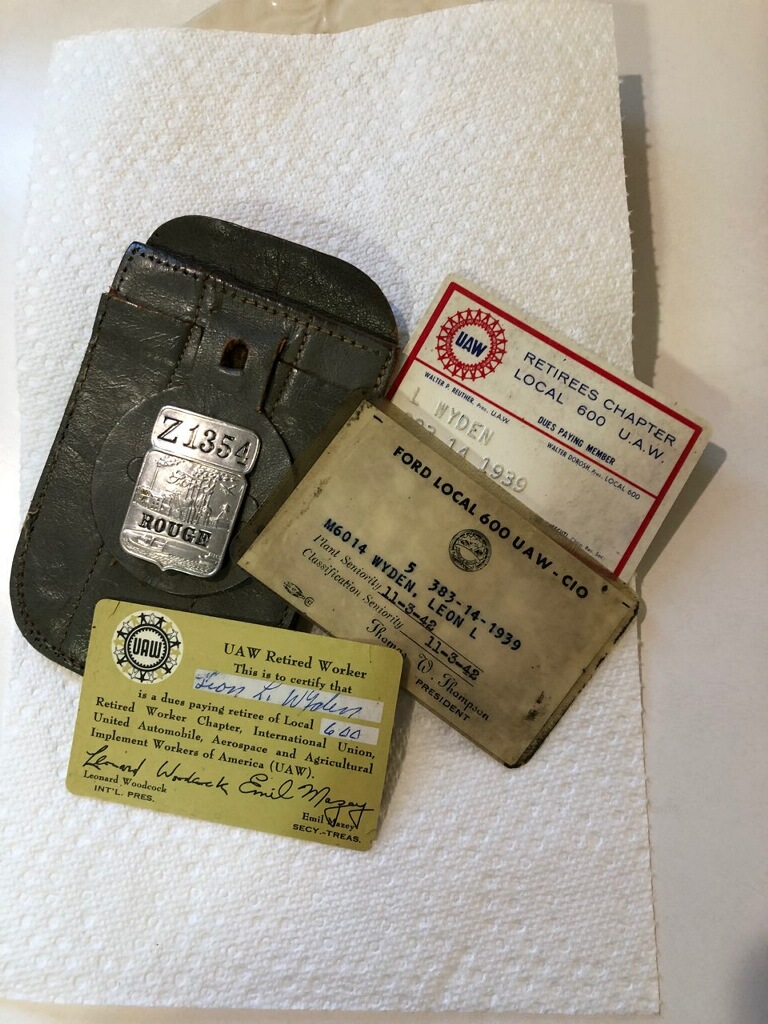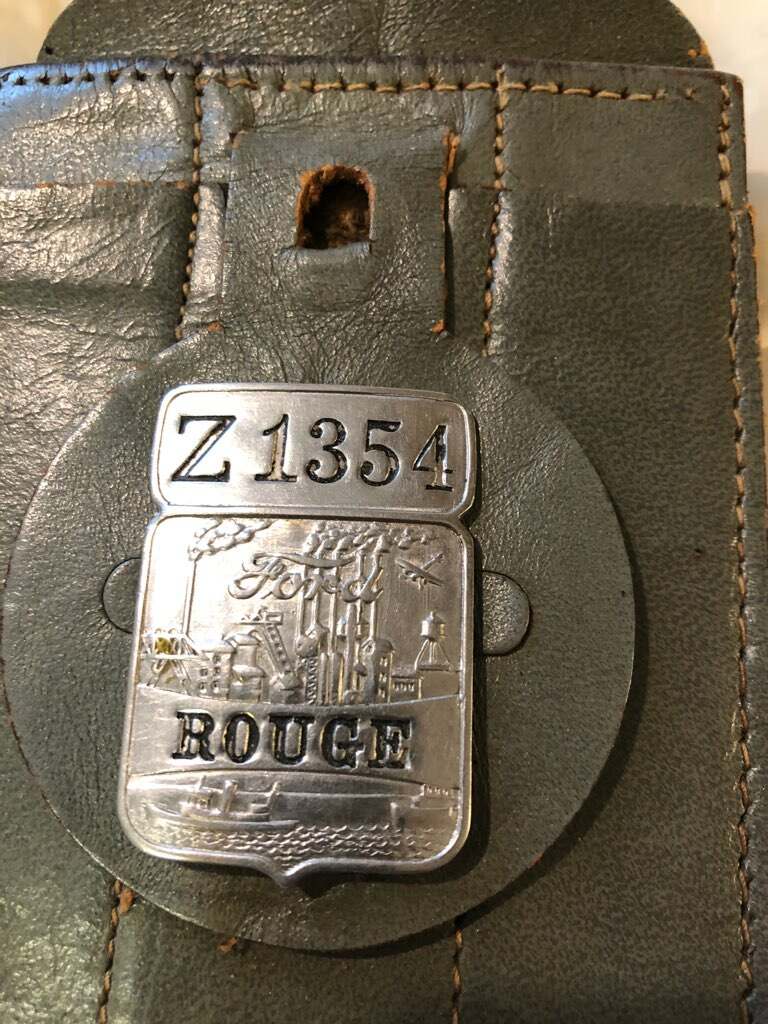
Mr. Leon Lucius Wyden
Ford Motor Company Foundry Worker
Title Page
Introduction
Automotive Innovation
FMC's Employment
Mass-Production
Legacy
Conclusion
NHD Paperwork
As a result of the pension, automotive discount, and guaranteed health insurance, many African Americans eventually became members of the middle-class in Detroit.
"By 1931, Ford Motor Company was the largest employer of African-American workers in the country. Henry Ford was closely tied to leaders in Detroit's African-American community, especially with the pastors of two of the city's largest churches, Rev. Robert Bradby of 2nd Baptist and Rev. Everard Daniel of St. Matthew's Episcopal Church. Through these men, many recent arrivals were directed to the Ford Employment Office. Although Ford employed large numbers of African Americans, there were limits to how far most could advance. Many African-American workers spent their time in lower-paying, dirty, dangerous, and unhealthy jobs in places like this Cyanide Foundry that used potassium cyanide, a key material in hardening steel". - https://www.thehenryford.org/collections-and-research/digital-collections/artifact/152423/
Audio Interview
This audio is from my interview with Leon Lucius Wyden Jr. on January 28, 2020. He is the son of Leon Wyden, who was an African American Foundry Worker for the Ford Motor Company from 1942 to 1973, in Detroit, Michigan. In the audio clip above, Mr. Wyden Jr. shares details about his father's employment, the challenges he faced and sacrifices he made to support his family.

Mr. Leon Lucius Wyden
Ford Motor Company Foundry Worker

Mr. Leon Wyden Jr.
Interviewee and Son of FMC Worker

Leon Wyden's Union Card

Leon Wyden's Personnel Items

Leon Wyden's Badge
Credit: Dr. Robert Simmons - Grandson of Mr. Leon Lucius Wyden
Title Page
Introduction
Automotive Innovation
FMC's Employment
Interview
Mass-Production
Legacy
Conclusion
NHD Paperwork